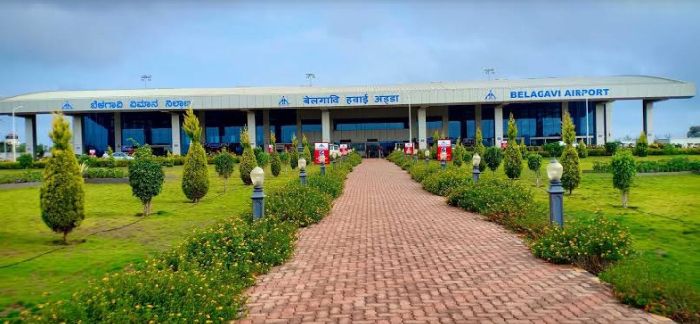Thiruvananthapuram, Sept 27: A total of 149 Indians serving prison terms for minor and financial offences in Sharjah will be released following the amnesty declared here by the Emirate's visiting ruler Sultan Bin Mohammed Al- Quasimi.
The announcement came in response to a request by Kerala Chief Minister Pinarayi Vijayan seeking the release of Keralites who had completed three years of their jail term in Sharjah.
According to a joint communique issued by the Sharjah and Kerala governments, those facing punishment for minor offences and financial misappropriation would be given pardon as per the general amnesty.
Al-Quasimi was honoured with an honorary D.lit Degree from Calicut University at a function held at Raj Bhavan here. Governor Justice (retd) P Sathasivam conferred the degree.
Sharjah also agreed to open an institution of higher learning for Arabic studies and research and set up a chain of skill development centres for imparting training to those seeking jobs in the Gulf region.
"This was announced by Al-Quasimi during his one-to-one meeting with Vijayan", the communique said.
Sharjah has also accepted in-principle the state's proposal for giving international driving licence to those who seeking jobs in the Emirate, the release said.
A joint committee consisting top officials of Sharjah and Kerala would be set up to work out an action plan to implement projects agreed to by both sides.
The Kerala government also offered land for construction of a permanent building for the UAE consulate in the state capital.
The Sharjah Family City project, cultural centre and International Education Complex to be set up by Kerala in Sharjah were some of the other projects under the active consideration of the Sharjah government, the release said.
Later, giving a lecture, Al-Quasimi hailed the harmony among the people of Kerala and wanted them to preserve it.
"I saw a dance yesterday. I was very happy to see three sects of people dancing together with love. I hope that will remain always," he said.
Al-Quasimi, who reached here on September 24 on a five- day visit to the state, promised he would be back within a year to celebrate the fulfilling of promises he had made.
The ruler met the chief minister at his official residence in the morning. He also met the council of ministers yesterday and discussed various issues pertaining to Kerala and Sharjah.





Comments
Appreciated....And Ache Din for Indian Prisoners.....Thanks to PV and Sultan of Sharjah.
Both are good rulers
Great sultan... Real humanitarian
Great news... when centre failed and state won to save many lives...
Add new comment